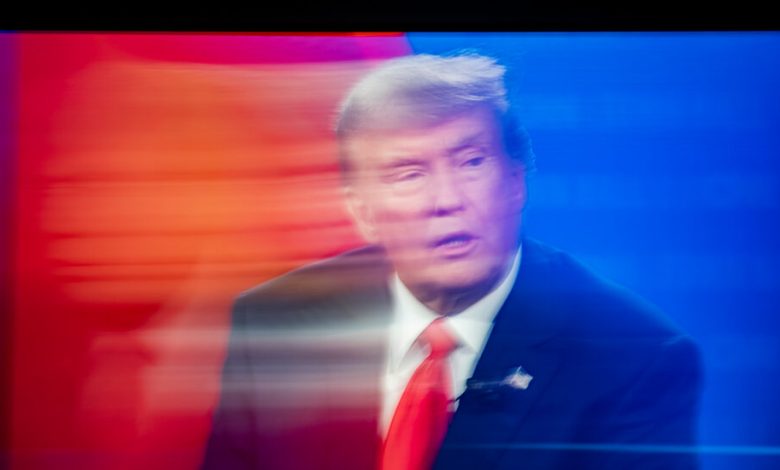Trump Is at Odds With NATO — and Reality

There’s been widespread attention on Donald Trump’s asserting that he would refuse to defend NATO allies he considers “delinquent” and even saying he might encourage Russia to attack them. A lot of the conversations I’ve heard have focused on the policy implications — on what it would mean for America to abandon its treaty obligations and treat NATO as a protection racket.
These implications are important and alarming. But if you ask me, we haven’t given enough attention to exactly what Trump said — and what it says about his grasp on reality.
Honestly, I’d love to spend this campaign talking only about policy; wonkery is my happy place. But since enough of the body politic seems to have decided to make this election season an exercise in amateur long-distance geriatric diagnosis, focusing on President Biden’s age and appearance rather than his record, let’s take a closer look at his opponent.
For Trump often gives the impression of living in his own reality. I’m not talking about the fact that he lies a lot, although he does. My point, rather, is that he often seems unable to tell the difference between self-aggrandizing fantasies and things that actually happened.
So here’s how Trump’s repudiation of NATO went down: He didn’t make a straightforward case, which would have been arguable, that we’re spending too much on defense while our allies are spending too little. Instead, he told a story: “One of the presidents of a big country stood up and said, ‘Well, sir, if we don’t pay and we’re attacked by Russia, will you protect us?’ I said, ‘You didn’t pay? You’re delinquent? … No, I would not protect you. In fact, I would encourage them to do whatever the hell they want.’”
To use the language of intelligence assessments, it’s highly unlikely that this conversation or anything like it actually happened.
